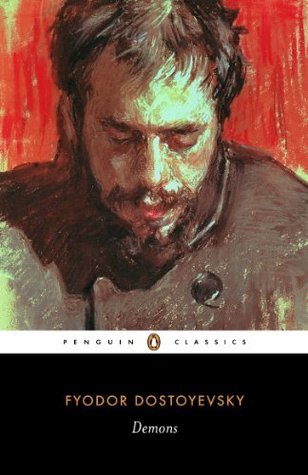More on this book
Community
Kindle Notes & Highlights
‘What sort of human psyche would behave this way?’ The Underground Man in Notes from Underground was his devastating answer, a man so worried about his insignificance that he prepared epically for a pavement collision with a man who ignored him, and sought reassurance that he existed in the attention that he could get only by insulting people, including his readers.
The Psychological Novel turns into an exploration of domination and helplessness,
Stepan Trofimovich, his foolish mentor, seeks salvation, while all the conspirators are destroyed,
Pyotr Stepanovich who, like Nechayev, fl...
This highlight has been truncated due to consecutive passage length restrictions.
Psychological Novel perhaps belongs best to the twentieth century, when a few Stavrogins empowered thousands of Pyotr Stepanovichs to drive herds of ‘capital’, to use Nechayev’s term, to slaughter about a hundred million people, the very number Shigalyov and Pyotr hit upon.


